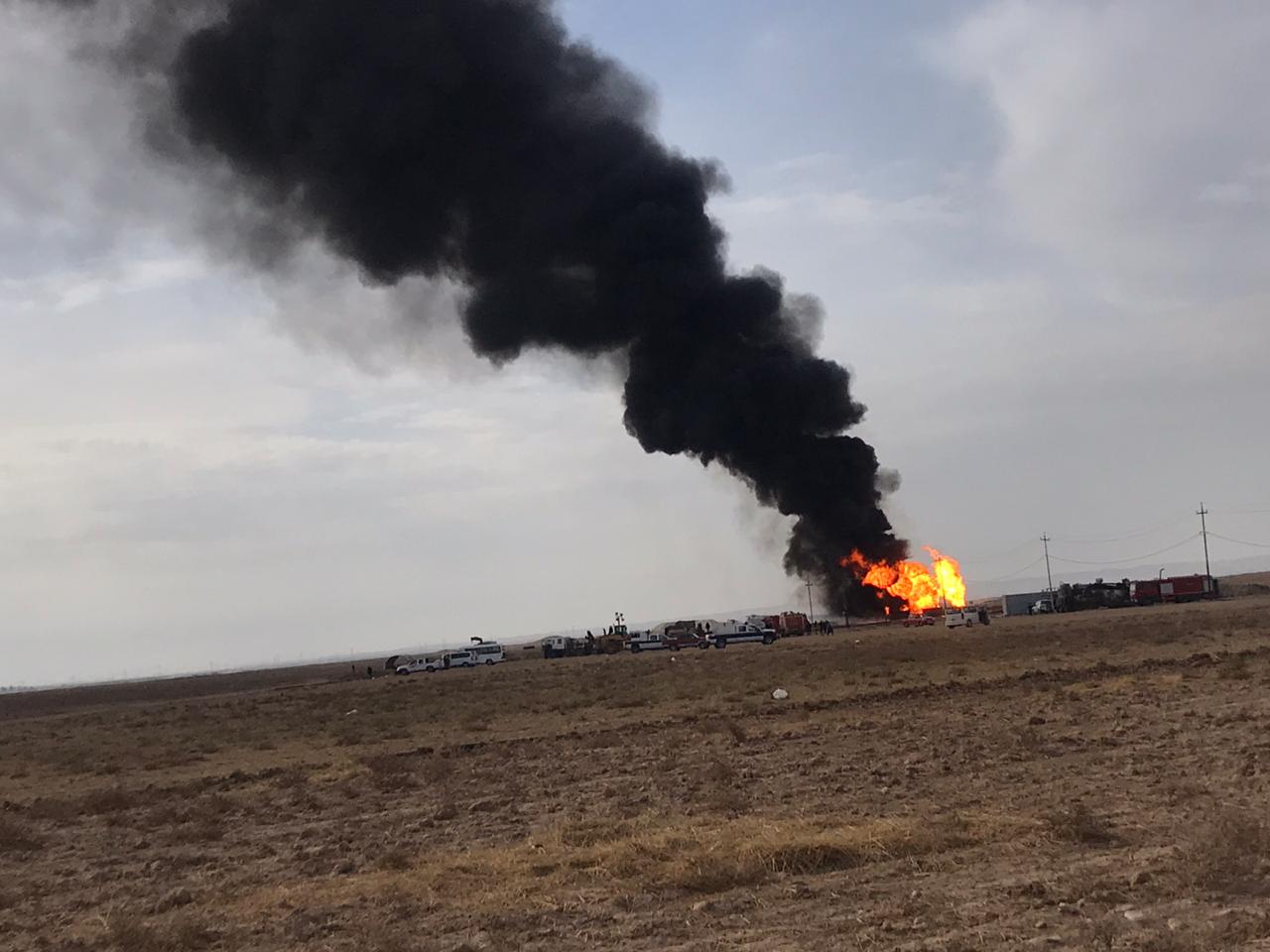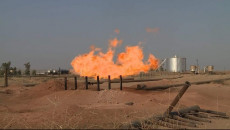The northern oil rich city of Kirkuk has produced 2.86 million barrels in April compared to three million barrels last March generating 177 million Dollars USD while in March it made up $195 million for Iraq's national revenues, Iraqi ministry of oil said.
Last February, oil fields of Kirkuk have pumped 3.8 for $213M, the highest in 2021.
Last April, Iraq has pumped 88.4 million barrels making $5.5 billion as a barrel was marketed for $62 compared to 91.3 for $5.8 billion in March. February production hit 83 M barrels for 5 billion. Iraqi oil was marketed for $63 per barrel in March while in February made only $56.
Early 2020, Kirkuk was exporting only 1.1 million barrels a month peaked to almost 4M last February exported to the Turkish Mediterranean port of Ceyhan by a pipeline crossing Iraqi Kurdistan.
Oil exports from the five major oil fields in Kirkuk stopped from July 2017 to first quarter of 2019 due to a standoff between the Iraqi government and Kurdistan regional government KRG.
The two major Kirkuk oil fields, Havana and Bai Hassan were under the control of the KRG which exported 250 thousand barrels of oil per day from the two fields.
Since the withdrawal of Kurdish forces end of 2017 from Kirkuk, the federal government has controlled Kirkuk oil fields which are Havana, Bai Hassan, Khabaza, Jambor and Qubai Baba managed by state-run North Oil Company.
Iraq's economy heavily relies on the exports of crude oil which makes over 95% of the country's total revenues.
The oil rich city of Kirkuk, located 238 kilometers north of Baghdad, is an ethnically mixed province of Kurds, Sunni and Shiite Arabs, and Turkmen. It has long been at the center of disputes between Baghdad and the Erbil.






